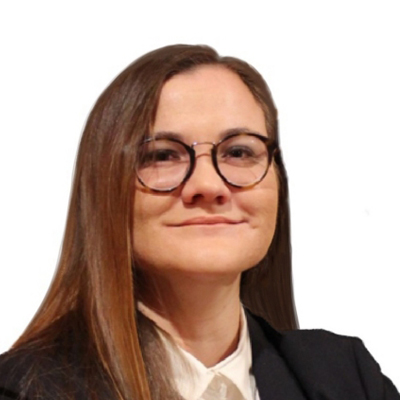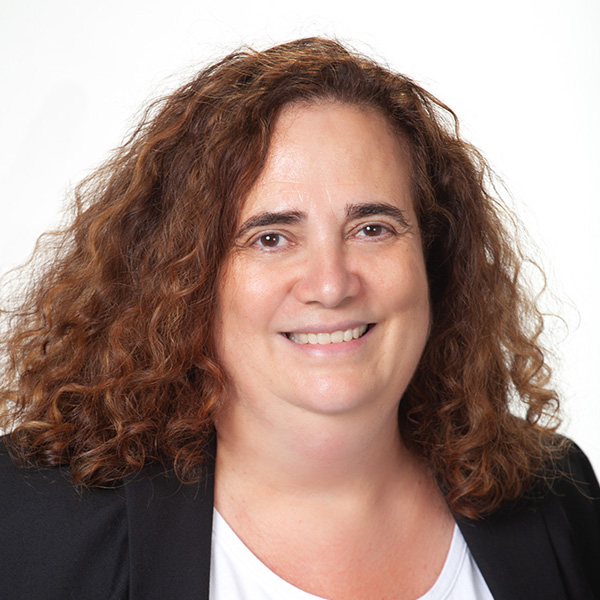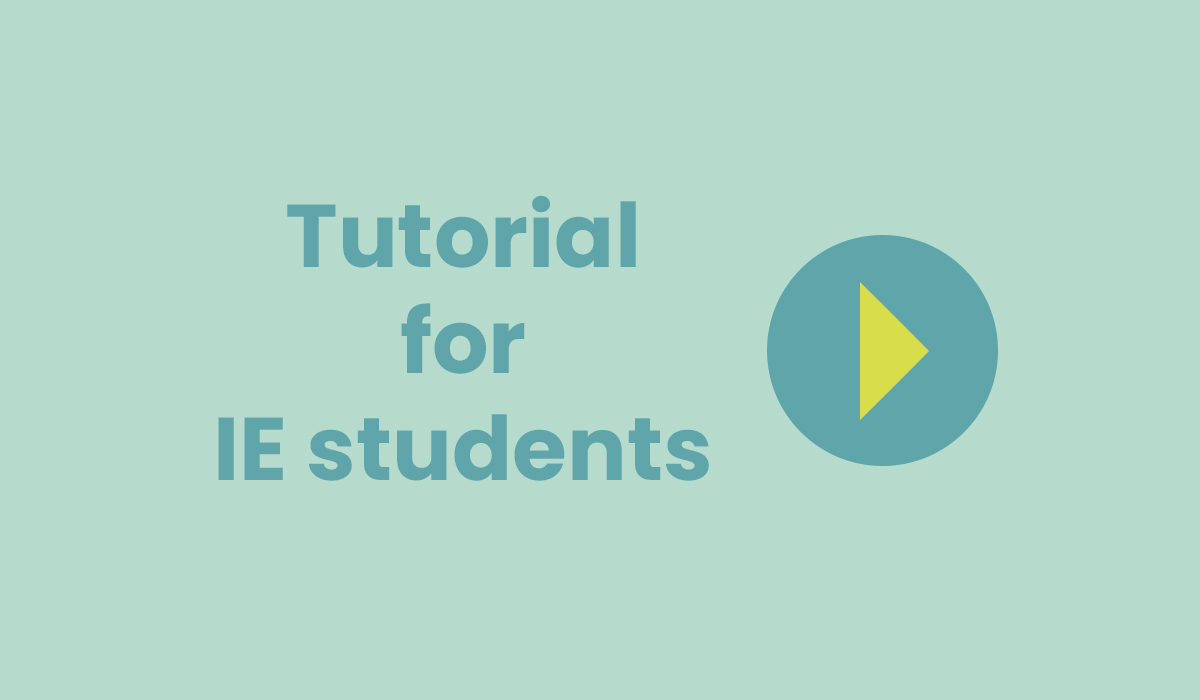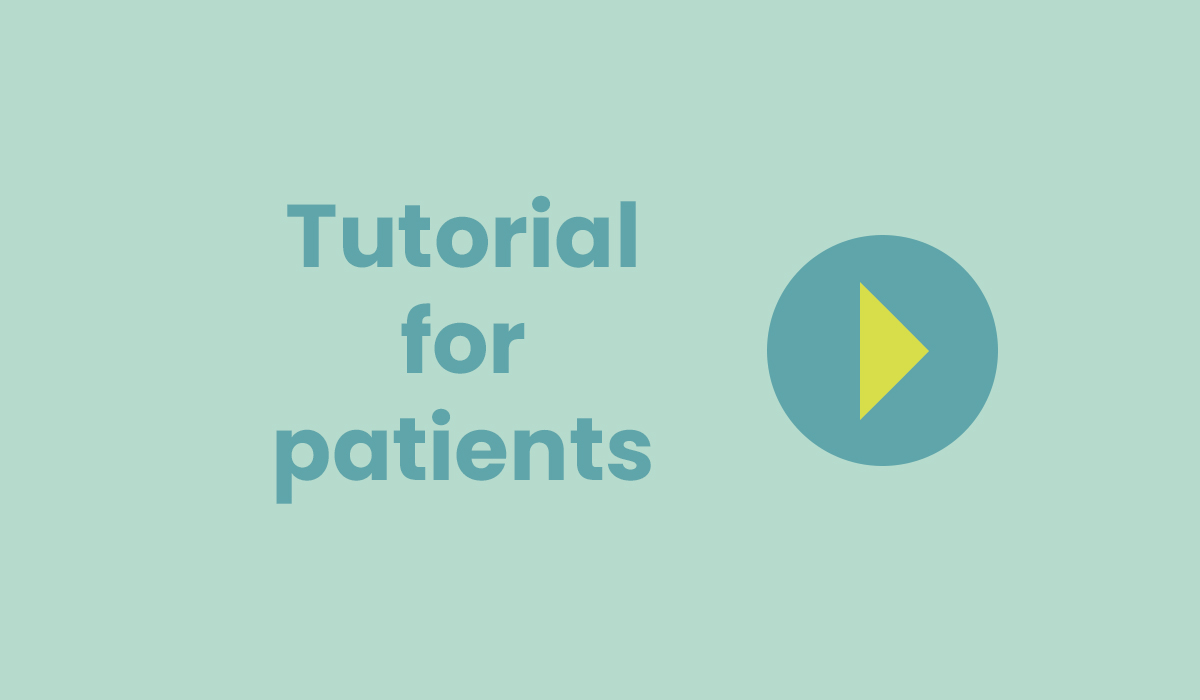Eating Disorders
PSYCHOLOGY
Eating Disorders
Eating disorders are real, complex, and sometimes life threatening conditions that involve extreme emotions, attitudes and behaviors related to food and weight.
Below you´ll find a brief summary of the Feeding and Eating Disorders described in the 5th Edition of the American Psychiatric Association´s (APA) Diagnostic and Statistical Manual of Mental Disorders (DSM- 5).
Anorexia Nervosa
Anorexia Nervosa includes an inadequate intake of food which leads to a very low weight; intense fear of weight gain and attempts to prevent weight gain; self-esteem that is overly connected to the person´s body image; difficulty recognizing the severity of the situation. Contrary to popular belief, some individuals with anorexia also engage in binge eating and purging behaviors as well.
Bulimia Nervosa
Bulimia Nervosa involves frequent episodes of binge eating (consuming amounts of food that most people would consider excessive in a short amount of time) followed by behaviors to prevent weight gain which may include self-induced vomiting, laxative or diuretic use or excessive exercise; feeling out of control during moments of binge-eating; self-esteem that is overly connected to the person´s body image.
Binge Eating Disorder
Binge Eating Disorder involves frequent episodes of binge eating, but without behaviors to prevent weight gain, such as excessive exercise; feeling out of control during binge eating; feelings of shame or guilt in regards to their binge eating; indications that the binge eating is out of control (examples include eating when you´re not hungry, to the point of discomfort or by yourself because you´re ashamed about your behavior).
However, for individuals who do not meet the criteria for one of the disorders listed above, but who still struggle with disordered eating and body image concerns that impact their quality of life, they may receive a diagnosis of ¨Other Specified Feeding or Eating Disorder¨ (previously known as EDNOS-Eating Disorder Not Otherwise Specified). Some examples may include: atypical anorexia nervosa (weight is not below normal), bulimia nervosa with less frequent behaviors, purging disorder (purging without binge eating), or night eating syndrome (excessive consumption of of food at night).
Despite the stereotypes portrayed in the media, eating disorders are not an illness found solely among young women. Eating disorders do not discriminate. They are found among all genders, ages, races and socio-economic statuses. If you are a male who suspects you may have an eating disorder, it´s important for you to know that you´re not alone. Millions of men and boys throughout the world struggle with some form of these illnesses.
Eating disorders have a number of consequences on an individual´s emotional and physical health, as well as their relationships, and in some cases can be life-threatening. While the common feature of all eating disorders centers around concern regarding food and weight, eating disorders are actually much more complex than this. They are not a ¨fad,¨ but are often the sign of other underlying concerns such as anxiety, depression, difficulties with emotional regulation, past traumas, etc. With this in mind, it is essential that anyone struggling with an eating disorder seek professional help. Recovery from an Eating Disorder IS possible.
Treatment of an eating disorder often involves a multidisciplinary team composed of some of the following members: medical doctor, psychiatrist, psychologist and/or nutritionist. Here at SINEWS we have both psychiatrists and psychologists who specialize in the treatment of eating disorders who have helped numerous patients during their recovery process. Our professionals understand the complexity of these disorders, as well as the diverse factors that leads someone to develop one. While no one chooses to develop an eating disorder, you do have it within your power to choose to seek professional help.
Grief Counseling
PSYCHOLOGY
Grief Counseling
When a loved one dies, we are faced with a type of pain like no other; pain that is difficult to describe.
The grief response can vary greatly from person to person and includes feelings of profound sadness along with others such as guilt and anger. The grieving process evolves more favourably when we face reality by feeling the feelings and expressing emotions, relying on the people who love us, and little by little working to create a new way of life without the person we have lost.
Only 5 to 10% of people that go through a grieving process will develop symptoms of “complicated grief”. After some time has passed from the initial phase of shock, they will not recover their normal level of functioning and will require professional help.
In SINEWS we have assissted hundreds of grieving families, and experience has taught us that both individual and group therapy provide a healthy and effective environment in which to overcome such a loss.
Therapy allows for a more honest and liberating connection with emotions; it helps to find ways to keep the emotional bond with our loved one as we continue to live our lives.
Grief support groups provide an environment of warmth and understanding for sharing pain while learning strategies to cope.
Attention Deficit in adults (ADD/ ADHD)
Psychology
Attention Deficit in adults (ADD/ ADHD)
Our team of adult psychologists has the experience and professional training require to make a diagnosis and help you overcome the problem.
Has your son or daughter just been diagnosed with attention deficit and now you are wondering if he/she could have inherited it from you? Have you always had difficulties achieving medium-long term goals despite considering yourself an intelligent person? Do you forget important things and have difficulty getting organized?
Could I be suffering from ADD/ADHD?
If you think you may have Adult- ADD/ADHD, please answer the questions below. As you answer each question, place an X in the box that best describes how you have felt and what your behaviors have been over the past 6 months.
| Adult ADHD Self-Report Scale-V1.1 (ASRS-V1.1) | |||||
| From WHO Composite International Diagnostic Interview © World Health Organization |
Never | Rarely | Sometimes | Often | Very often |
|---|---|---|---|---|---|
| 1. How often do you have trouble wrapping up the final details of a project, once challenging parts have been done? | |||||
| 2. How often do you have difficulty getting things in order when you have to do a task that requires organization? | |||||
| 3. How often do you have problems remembering appointments or obligations? | |||||
| 4. When you have a task that requires a lot of thought, how often do you avoid or delay getting started? | |||||
| 5. How often do you fidget or squirm with your hands or feet when you have to sit down for a long time? | |||||
| 6. How often do you feel overly active and compelled to do things, like you were driven by a motor? | |||||
If four (4) or more marks appear in the darkly shaded boxes then your symptoms are consistent with ADD/ADHD in adulthood and further investigation with a specialist is recommended.
Evaluation Plan and Diagnosis of ADD/ADHD in adults in SINEWS:
1st session (1,5h)
Initial Clinical Interview:
The main goals of our first meeting are to collect comprehensive information on the symptoms that motivated the consultation (difficulties finishing tasks or projects, distractibility, frequent lost of personal objects…), to frame them in your life situation and determine how they are affecting your goals and daily functioning as well as to rule out that the attention problems are the result of other problems (stress, obsessive thoughts, depression…).
Implementation of different assessment tools for:
- Screening of ADD/ADHD symptoms in adults
- Assessment of other psychological symptoms
- Assessment of ADHD symptoms during childhood
- Assessment of executive cognitive functions
2nd session (2,5h)
The second session is dedicated to the assessment of the neuropsychological profile. Different tests and exercises are carried out that allow us to obtain a neuropsychological profile in order to compare it with the profile found in people with attention deficit in adults.
3rd session (1h)
Delivery of the complete personalized report and feedback about the results.
TREATMENT PLAN IN SINEWS:
Below you will find a description of a standard treatment plan. While this is a standard model, it is ALWAYS necessary to adapt it to the characteristics of each patient and their particular problems, which will lead to a personalized treatment plan.
Block 1 Psychoeducation, Organization and Planning
- Session 1: Psychoeducation and introduction to organization and planning tools.
- Session 2: Participation of one family member.
- Session 3: Organization of multiple tasks.
- Session 4: Problem solving and management of tasks / objectives that require overexertion and perseverance.
- Session 5: Organization of papers.
Block 2: Reduction of distraction levels
- Session 6: Measure concentration time and delays caused by distractions.
- Session 7: Modify the environment.
Block 3: Adaptive thinking
- Session 8: Introduction to the cognitive model of ADD/ADHD.
- Session 9: Adaptative thinking.
- Session 10: Rehearsal / test and review of the tools of adaptive thinking.
Block 4: Additional tools
- Session 11: Implementation of tools to avoid apathy and lack of motivation.
- Session 12: Relapse prevention.
Very often ADD/ADHD (attention Deficit disorder in adults) is an obstacle to achieving our goals, a difficulty for adapting to changes and/or a source of conflict in our relationships with others. If you think you might suffer from this problem, it’s never too late to benefit from professional help.
Terapia EMDR Madrid
EMDR – Eye Movement Desensitization and Reprocessing, is an innovative scientifically validated psychotherapeutic approach that accelerates the treatment of a wide range of difficulties, such as emotional difficulties caused by difficult experiences in the individual’s life, phobias, posttraumatic stress disorder, panic attacks, traumatic death, grief and traumatic events in childhood, sexual abuse, accidents and natural disasters.
What is EMDR and how does it work?
Within each person there is physiological information processing system by which new experiences and information are processed and assimilated as healthy memories. The information is stored on networks that contain related thoughts, images, emotions and feelings.
Traumatic experiences and persistent unmet interpersonal needs during periods of development can produce blockages in the capacity to process information. Therefore this information is stored in a dysfunctional manner in the brain. When stored information related to a traumatic experience is not fully processed, it cannot be used or integrated into the life of the individual. Consequently it produces reactions like fear, panic, sadness, repetitive dreams related to the experience, and flashbacks, among others.
When we perform EMDR, what we do is stimulate – through eye movements or other bilaterally stimulation- the information processing system. This helps the brain reorganize the dysfunctional information so the individual can assimilate the traumatic experience and be able to remember the event with the least possible pain. Thus, the memory ceases to affect in the present.
Online Therapy
Online Therapy
SINEWS is a mental health team based in Madrid, Spain, dedicated to caring for expatriates in their native language.
More than a decade serving international families, staff from embassies, employees in international mobility programs, displaced soldiers and students in international programs endorse us.
Vickie Andrews
Dra. Gema Rubio Herranz
Dra. Orlanda Varela González
Alicia Fraile Martin
Clara Gallego
Andrea Moreno
Héctor Pastor
Victoria Ramos Kurland
Sofía Salgado Zurborn
Jarrisvete Nyle Villarreal



Katja-Franziska Gsell
IE University Postgraduate
Speaks: ES EN
University Counselor

Martín Rollings Sánchez
IE University Postgraduate
Speaks: ES EN
University Counselor
If you need help with anything else, contact us.
Thank you for using Sinews Online Services!
FAQs & Answers
Yes, you can use Windows PC, Mac OS, IOS and Android, we recommend that you use Google Chrome as your Browser for the best results.
To create your account you just need to select the profile of the therapist from above. In the window that will open, select “¿No estás registrado? Crea una cuenta” and fill your info, you will receive an email to confirm your account.
To log-in, just follow the same process you did to sign-up but just put your Username and Password after you select the Therapist you want.
At least 24 hours before the desired time.
If the therapist does not confirm the appointment before the time and date you booked, this session can be rescheduled by the therapist, you can contact info@sinews.es to reschedule your appointment.
Some of our members have profiles that are used specifically by Students or Employees of Institutions or Companies that have a Service Agreement (S.A.) with Sinews. If you are a regular patient just use the profile that does not have any Logos.
The only difference is when you select your therapist’s profile (the one with your institution’s logo).
Yes, you can request your session to be rescheduled up to 24hr in advance, just send a message to your therapists and they will be able to move your appointment.
Yes, if you cancel 24 hours in advance you can request a reimbursement sending us an email at: info@sinews.es
If you need an invoice just send us an email at: info@sinews.es – we will email you the invoice as soon as possible.
Psicología, Psiquiatría y Logopedia para Adultos
Psychology, Psychiatry, Coaching and Speech Therapy for adults
SINEWS offers a wide variety of services for adults.
Psychology, Psychiatry, Coaching and Speech Therapy for adults
SINEWS offers a wide variety of services for adults.
What do you need to feel better? We will help you discover what it is and guide you in your work to achieve it.
Let’s talk!
Nothing found.
Nothing found.





















